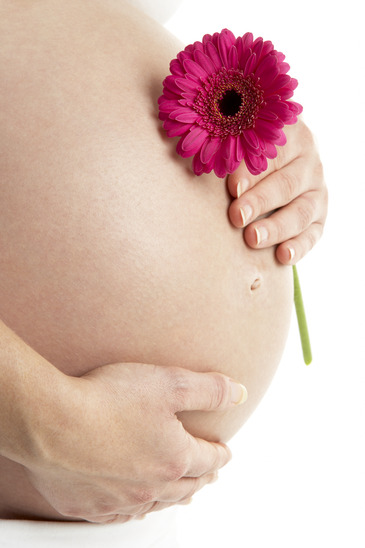ConceiveOnline.com: You wrote this book to correct misinformation you found about fertility — information that was largely scaring women about their poor chances of conception. Can you share a few pieces of misinformation you were able to correct or clarify in your own research?
Jean Twenge: I often saw the statistic that one-third of women over 35 would not become pregnant after a year of trying – this was often stated as fact with no source. It turns out the source is a medical journal article that analyzed – not kidding – birth records from 1600s rural France! Modern studies find higher pregnancy rates…maybe because we have soap now.
CO.com: As you know, the readers of ConceiveOnline.com are having trouble conceiving, some of them for a very long time – so they’re definitely impatient! Any advice from your research and writing this book for this group of women (vs. people who haven’t started trying yet or have been trying for a short time)?
JT: My first piece of advice is to have your partner get a semen analysis. Almost half of fertility problems are “male factor” (which sounds like a really bad men’s cologne). Because men always have it easier, tests for sperm issues are quick and inexpensive – between $50 and $100 at a doctor’s office (there are home kits too, but they are both less accurate and more expensive).
If the semen analysis is normal, buy a fertility monitor. Charting is great – I’ve done it myself for 8 years – but for getting pregnant may not be precise enough. There are so many days of egg white, and how many differs from one cycle to the next. I got pregnant faster at 39 than at 34, probably because of the monitor. (Although, as I note below, you have to adjust your timing when using the monitor because the day of ovulation isn’t actually the most fertile).
If you’ve been trying for six months using the monitor – especially if you’ve had sex on both high and peak days — I think it’s time to see a doctor. The advice of waiting a year is based on random timing. It also ignores how stressful trying is when you don’t know why it’s not working.
CO.com: In your new book, you explain three ways to monitor ovulation in every cycle (not just when a woman typically ovulates). What are common mistakes in tracking ovulation that you’d like to correct?
JT: I think the most common mistake is waiting too long in the cycle to have sex. For some women, ovulation has already passed or is within a few hours of occurring once an OPK or fertility monitor detects LH (luteinizing hormone). If you have sex that evening, it might already be too late, because the egg doesn’t live very long (about 6 to 12 hours). So just relying on OPKs might not be the best – better to combine it with charting or the fertility monitor so you can get more warning.
We’ll have the second and last part of our interview with Jean on April 23, so please check back!
Jean M. Twenge, Professor of Psychology at San Diego State University, is the author of the brand-new book, The Impatient Woman’s Guide to Getting Pregnant. She has also written more than 90 scientific publications and two books based on her research, Generation Me and The Narcissism Epidemic. Her research has been covered in Time, Newsweek, the New York Times, USA Today, and The Washington Post, and she has been featured on Today, NBC Nightly News, Fox and Friends, Dateline, and National Public Radio. She received a B.A. and M.A. from the University of Chicago and a Ph.D. from the University of Michigan. She lives in San Diego, California, with her husband and daughters.
![]()




